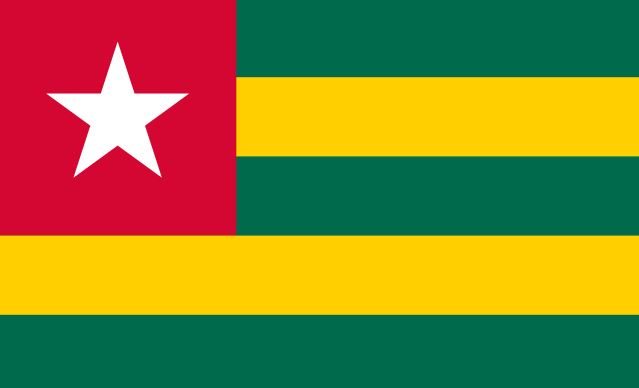On Monday, lawmakers approved a new constitution proposed by members of the ruling party, ushering in a transition from a presidential to a parliamentary system in the West African nation.
The country’s opposition, which abstained from participating in the last legislative elections in 2018 and recently criticized “irregularities” in the electoral registry, holds minimal representation in the national assembly.
Among the key amendments introduced by the new constitution is the provision for lawmakers to elect the president of the republic for a single 6-year term.
Additionally, a new position, the “president of the council of ministers,” was established, granting the officeholder full authority to govern.
The president of the council of ministers will be selected from either the leader of the party securing the legislative majority or the leader of the winning coalition of parties, serving a six-year term.
Members of Parliament will be elected through universal, secret suffrage, with terms renewable every six years.
The adoption of the new Constitution was partly facilitated by lawmakers whose mandates were scheduled to expire late last year.
- The timeline for the implementation of these changes remains uncertain.
The upcoming parliamentary election is scheduled for April 20th, coinciding with regional elections, with approximately 4.2 million Togolese registered to vote.
Togo’s recent history has been largely influenced by the Gnassingbe clan, which has held power since 1967.





